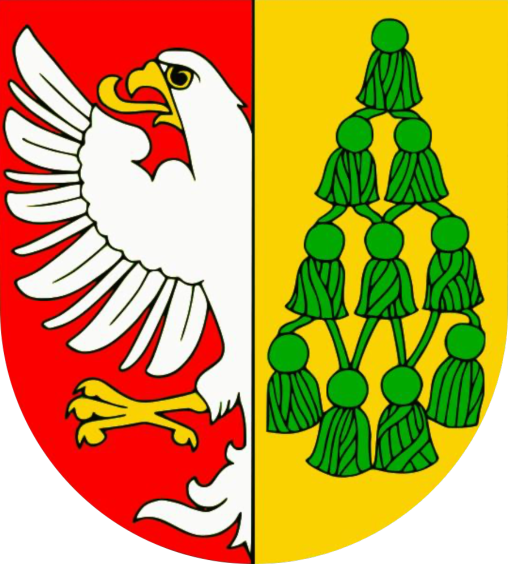Dance ensemble "Vestečan"
It's time to look back into the Vestec past again. I had no idea about the dance troupe mentioned above, if it wasn't for the memories of a local woman.
The credit for the creation of this small ensemble goes to a certain Mr. Doležal. This man was not born in Vestec and his relatively short stay of several years was not more or less voluntary. Nevertheless, he made his mark on the memory of today's Vestec 60s.
At the end of the 1950s, the State Farm provided Mr. Doležal with modest housing in house No. 10, where he lived with his wife (a Greek) and two small children.
I have not learned anything more about him, he did not enjoy any significant popularity at that time, but before his stay in Vestec he was certainly involved in culture. Despite the hard daily work on the state farm, where he worked as a cattle feeder, he lost none of his enthusiasm for culture. As a good entertainer and a capable manager, he soon gained popularity among the locals. He managed to bring together the youth of Vestec. He got them excited about dancing and rehearsed a programme with them as part of his cabaret shows. When he invited well-known artists from Prague as guests to his performances, the interest of the audience was so great that the premises of the U Klimešů inn were bursting at the seams.
At that time, a military garrison began to form on the outskirts of Vestec, which started to build its stable location on the site of today's water reservoir. The soldiers were very welcome for the newly emerging cultural activities. They filled the ranks of the missing dancers and formed the musical accompaniment to the newly formed "Vestečan" ensemble. They danced in Vestec at the "U Klimešů" inn, performed in Kunratice, etc. There was no need for a media phenomenon, but the ensemble was soon known in the surrounding villages. Unfortunately, as long as Mr. Dolezal's stay in Vestec was, so was the duration of the named association. The organised dance rhythm did not continue, but the cultural spirit was not lost on the locals. Masquerade parades, amateur theatrical performances, fair and after-party entertainments organised by the footballers, the fire brigade or the St. Nicholas gifts provided by the Women's Council filled and varied their lives. It went on at its own pace, only fond memories remained.
Blanka Pašková, chronicler
